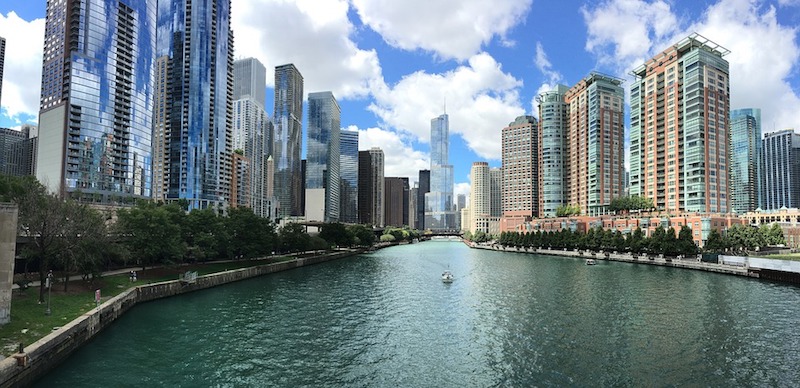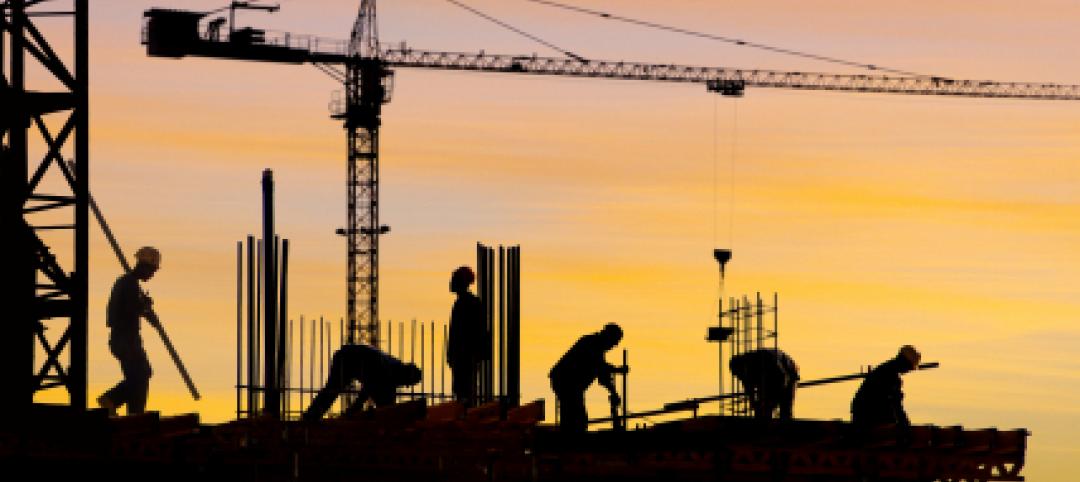Action on buildings codes is fundamental to efforts to significantly reduce urban carbon emissions, according to a report published by the Chicago Council on Global Affairs.
Cities in the most developed countries should encourage faster retrofit cycles and increase energy-efficiency requirements for existing buildings, the report says. In addition, they should develop zero-carbon energy codes for new construction and transition to an all-electric future.
In less-developed urban areas, the primary challenge is to quickly develop and implement energy codes for new construction while fostering energy-efficiency improvements in appliances. Increasing local capacity for code enforcement is another important component.
Cities in developing markets need to create base energy codes to avoid locking in decades of high carbon usage in new construction and address concerns about access to modern energy sources. The report looked at 10 global cities and highlighted a set of principles to reduce carbon emissions.
Related Stories
| Jun 27, 2013
AGC urges Congress, Obama to reject caps on construction workers in immigration legislation
The unemployment rate in the construction sector in May was the lowest it has been in five years, which could signal a coming worker shortage, according to the Associated General Contractors of America.
| Jun 27, 2013
California legislators make push for prevailing wage law
California lawmakers introduced new legislation that would cut off state construction funds from charter cities that don’t mandate the equivalent of union-scale wages on public-works projects. Of the 482 cities in California, 121 are charter cities.
| Jun 27, 2013
Thermal, solar control designs can impact cooling loads by 200%, heating loads by 30%
Underestimating thermal bridging can greatly undermine a building’s performance contributing to heating load variances of up to 30% and cooling load variances of up to 200%, says the MMM Group.
| Jun 27, 2013
U.S. Conference of Mayors passes new sustainability resolutions
The U.S. Conference of Mayors (USCM) passed a slate of sustainability resolutions that renew its commitment to local green building and clean energy efforts.
| Jun 19, 2013
NSF Sustainability begins verifying EPDs that can be used for LEED V4
NSF Sustainability has verified Environmental Product Declarations (EPDs) for nylon carpet styles and colors manufactured by Mannington Commercial and for J+J Flooring Group’s Kinetex® flooring product and Invision brand modular styles that use eKo® backing.
| Jun 19, 2013
Florida is latest battleground over LEED standards centered on certified wood
A nationwide battle over forest certification standards continues to be played out nationally and in Florida with legislation passed this month.
| Jun 19, 2013
Construction site safety improved in 2011
On-the-job construction fatalities dropped from 802 in 2010 to 781 in 2011, and recordable injuries fell from 4.7 per 100 workers in 2008 to 3.9 per 100 in 2011, according to data from the Bureau of Labor Statistics.
| Jun 19, 2013
New York City considers new construction standards for hospitals, multifamily buildings
Mayor Michael Bloomberg’s administration has proposed new building codes for hospitals and multifamily dwellings in New York City to help them be more resilient in the event of severe weather resulting from climate change.
| Jun 12, 2013
Green Globes update complies with federal sustainability standards
The Green Building Initiative has updated its green building certification program to comply with the U.S. government’s standards for sustainability in federal buildings.
| Jun 12, 2013
Green Globes update complies with sustainability standards
The Green Building Initiative has updated its green building certification program to comply with the U.S. government’s standards for sustainability in federal buildings.














